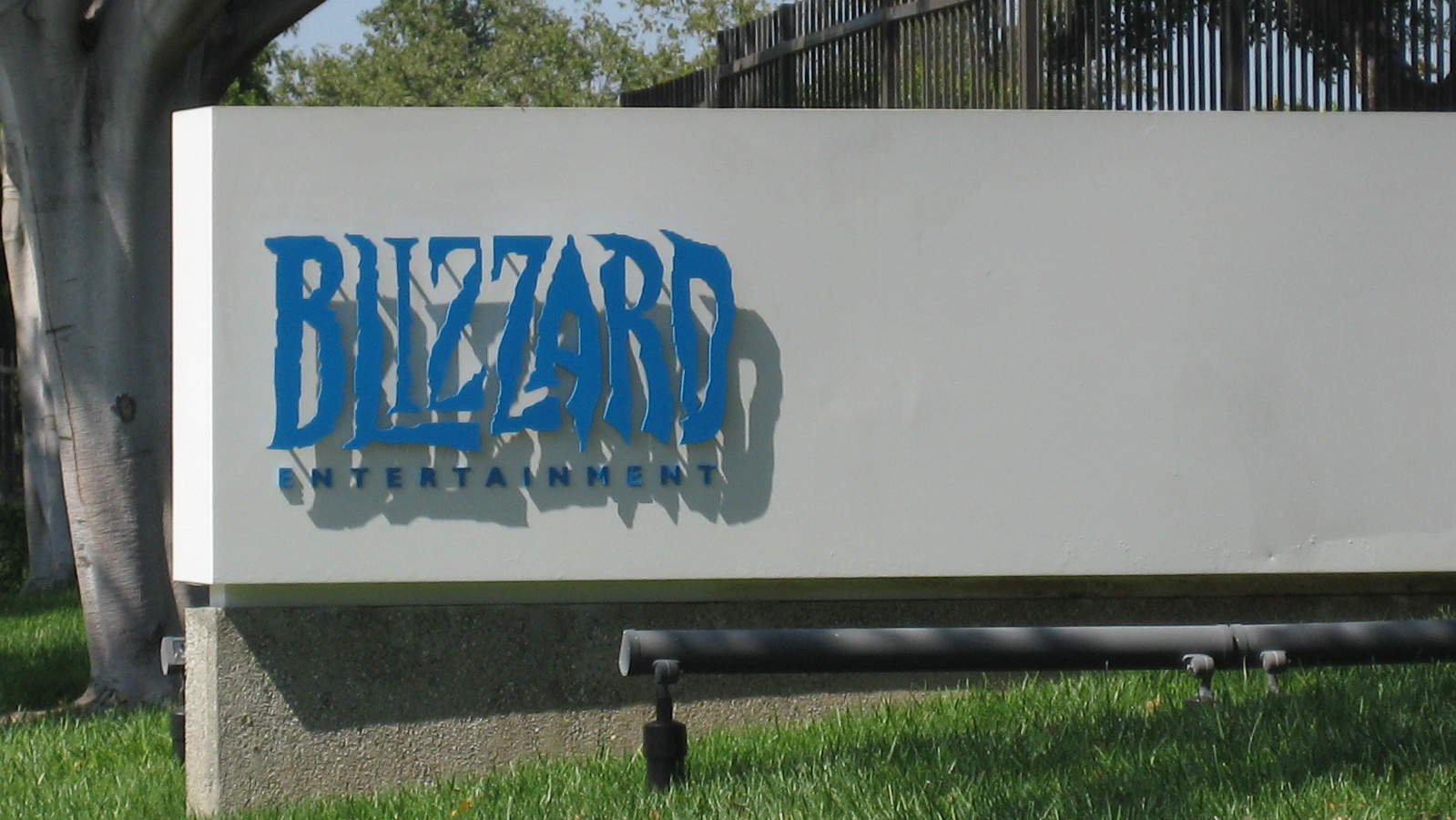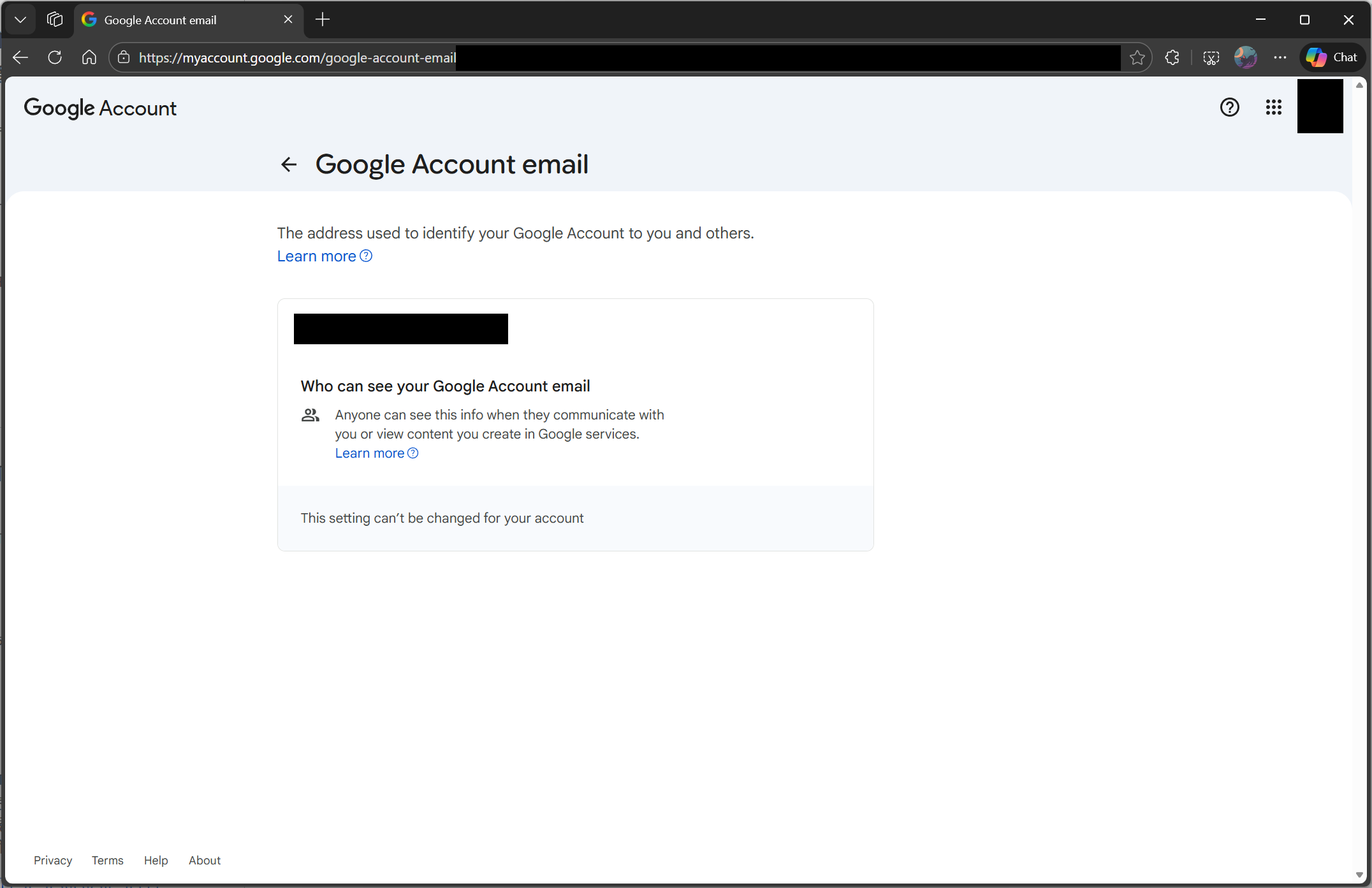
Microsoft closed its Activision Blizzard acquisition in October 2023, and now it is firing 1,900 employees from Activision Blizzard, Xbox, and ZeniMax. According to The Verge, the former is feeling the brunt of the layoffs. Current Blizzard president Mike Ybarra, whose role was to oversee the acquisition, resigned separately alongside Blizzard cofounder and chief design officer Allen Adham.
According to an internal memo from Phil Spencer, employees impacted by these layoffs will be directly notified and provided severance packages when leaving. If they’re lucky, these packages will be akin to or better than Riot Games’ generous six-month severance, especially considering the $69 billion cost of Microsoft’s acquisition. However, the scale of the severance package isn’t disclosed in the memo; the only information is the number of employees being laid off.
In the wider gaming industry, these layoffs align with similar layoff trends from the likes of Amazon Games, Ubisoft, and other studios. Even Intel laid off over 700 employees in 2023 among general PC hardware companies. These layoffs are occurring despite record revenues for all forms of gaming hardware.
Unfortunately, many of these game studios seem to adhere to an unsustainable model of perpetual growth. This model drives unsavory in-game monetization schemes and pushes cyclical mass layoffs in the gaming industry.
Developers blame different things for this most recent wave of layoffs. However, according to an October 2023 GDC survey referenced by Wired, overhiring during COVID-19 is considered one of the leading causes. The increasing adoption of tools like generative AI within game development may also contribute to reducing labor in the field. However, the most heavily impacted role by layoffs seems to be QA testers rather than core developers.
As always, it’s unfortunate but not unexpected to see mass layoffs from players operating at this scale within this industry. Hopefully, the increasingly unionized gaming industry will start moving more favorably toward its long-term employees than its current state of constant studio/IP acquisitions and closures.





